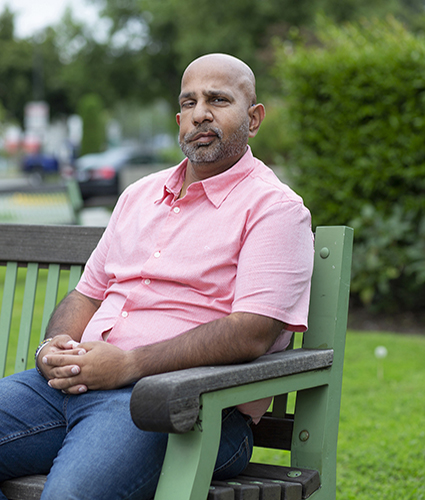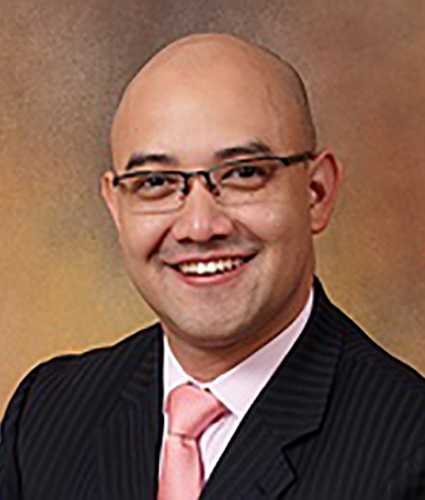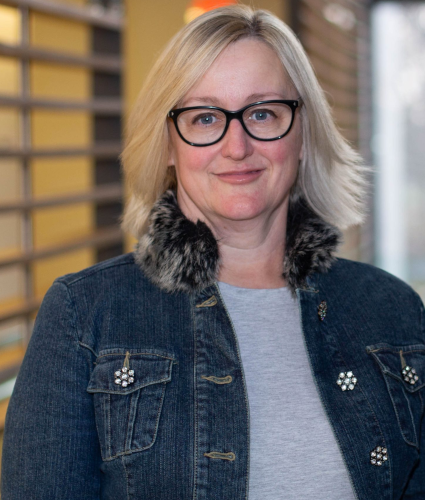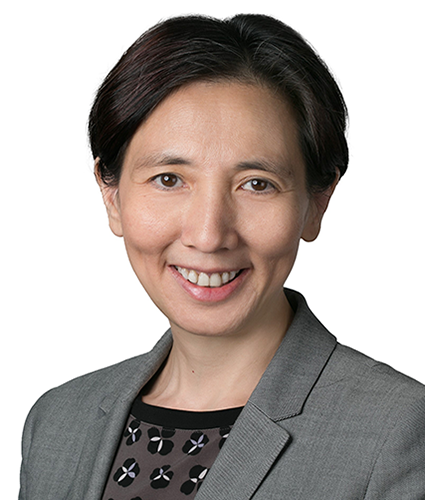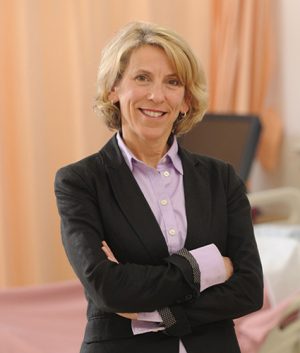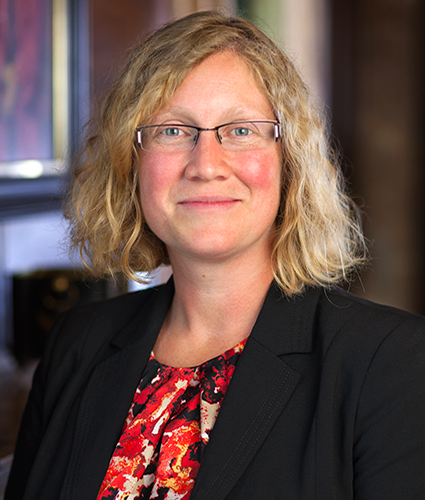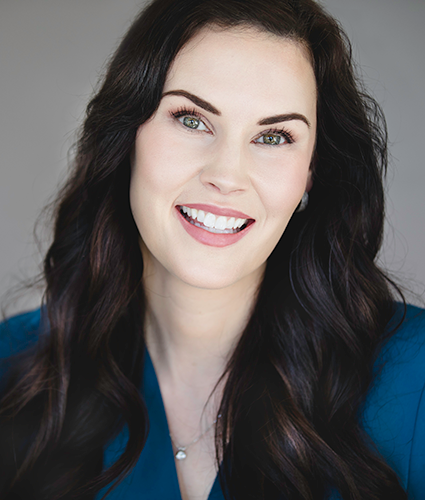BC Pomeroy is a Queer Researcher, an Award-Winning Patient Public Engagement Specialist, and an uninvited settler-person on the shared, traditional, ancestral, and unceded territories of the Snuneymuxw (snuh-nay-moe) territory also known as Gabriola Island, British Columbia. BC has a particular interest in Justice, Equity, Diversity, and Inclusion (JEDI+) and has co-developed a Trauma & Resiliency Informed Practice program for Research and Evaluation; a strength-based approach to Patient-Oriented Research. They sit on the board of Health Quality BC Oversight & Advisory Council, Strategy for Patient-Oriented Research Evidence Alliance (SPOR EA), and Canadian Association for Health Services and Policy (CAHSPR).
Jenny Leese
Coming Soon!
Rachel Rodin
Coming Soon!
Vikram Bubber
When Vikram Bubber was just five years old, he began to have issues with his right ear. It turned out to be cancer.
A life-long battle with health issues followed, which deeply impacted Vikram both personally and professionally. Despite this, or more likely because of it, he chose a life of giving back. Vikram has been a cancer advocate for more than 30 years.
“I’m happy with the way things are right now,” says Vikram. “I spend my time volunteering and giving back.”
Vikram has volunteered with numerous organizations. In addition to the Kwantlen Polytechnic University Alumni Association, he has given his time to the Terry Fox Foundation, BC Cancer Agency, BC Children’s Hospital, and most recently, Patient Voices Network and the Make-A-Wish Foundation BC & Yukon. Much of his volunteer work is as a motivational speaker. He has a story to tell and it’s not always an easy one to listen to.
After two years of radiation and chemotherapy treatments as a child, the cancer in his ear was eradicated, but there was a cost. He has profound hearing loss in his right ear and partial hearing loss in his left. The same radiation that cured his childhood cancer caused a bone tumour to develop more than 20 years later in Vikram’s right cheekbone. Once again, he underwent chemotherapy treatments, and eventually had surgery to remove much of the cheekbone. For three years Vikram was unable to open his mouth more than a centimetre. A piece of his leg bone was grafted into the space during reconstructive surgery and fat was injected to make his facial contours more natural. Eventually Vikram was able to open his mouth fully and enjoy eating once again.
He’s become one of the most engaged patient partners, by speaking at different post-secondary institutions and working on several committees within different health authorities and organizations locally & nationally. He regularly gives talks to nursing students on his experiences. Recently he spoke to radiation therapy students and at the University of British Columbia to dental students in a patient education program.
“I tell them it’s so important to treat your patient as a human being and not an object,” says Vikram. “I want to change the status quo because I feel like that was why I was given a second chance at life. I just feel like this is my niche, where I belong. I don’t belong in a nine-to-five job behind a computer. I’ve had a few bumps along the way, but that’s life.”
Ivan Florez
Pediatrician with a Master’s degree Clinical Epidemiology and a PhD in Health Research Methodology. He is full Professor at the Department of Pediatrics at University of Antioquia (Medellin, Colombia), and Assistant professor (part-time) at McMaster University (Hamilton, Canada). He is the current leader of the Appraisal of Guidelines for Research & Evaluation (AGREE) Collaboration, Director of Cochrane Colombia, and the Editor-in-Chief of the Clinical and Public Health Guidelines journal. He is also Editorial Board member of the following Journals: Journal of Clinical Epidemiology, Pediatric Discovery, Cochrane Evidence Synthesis & Methods and the Journal of the American Heart Association. His research is focused on evidence synthesis methods, systematic reviews, network meta-analyses, clinical practice guidelines, and pediatrics.
Kim Sears
Dr. Kim Sears is a Professor at Queen’s University. She is the Associate Director of Health Quality Programs. Dr. Sears has over thirty years’ experience as a nurse. Throughout her teaching experience, she has been primarily involved in the area of quality and safety in healthcare. She conducts an active program of research in health services with a focus on advancing quality care, reducing risk and improving patient safety. The majority of her work focuses on furthering the quality and safety of medication delivery. Dr. Sears has experience working integrative studies using systemic review methodology.
Linda Li
Dr. Linda Li is Professor and Harold Robinson/Arthritis Society Chair in Arthritic Diseases at the Department of Physical Therapy, University of British Columbia and holds a Canada Research Chair in Patient-oriented Knowledge Translation. She is also a senior scientist at Arthritis Research Canada where she leads the Arthritis & Implementation Science Program (https://arthritis.rehab.med.ubc.ca/). Her research focuses on the integration of wearables and apps to support health professionals in promoting physical activity and chronic disease self-management. Her work in implementation science includes studying strategies for engaging people with lived experiences in the research process. Dr. Li is a recipient of the American College of Rheumatology – Association of Rheumatology Professionals (ARP) Distinguished Scholar Award (2015) and the ARP Distinguished Educator Award (2022), recognizing her leadership in both arthritis research and education. In 2019, she was inducted as Fellow of the Canadian Academy of Health Sciences.
Janet Curran
Janet Curran is a Professor in the School of Nursing at Dalhousie University and a Research Chair in Quality and Patient Safety at IWK Health, Nova Scotia Health and Dalhousie University.
She is the Scientific Lead in the Strengthening Transitions in Care lab at IWK Health where her program of research is focused on co-designing and evaluating best practice and policy change interventions to improve transitions in care for patients and families. Her co-design work is informed by collaborating with multiple stakeholders including patients, parents and caregivers, healthcare providers, and policy makers.
Fiona Clement
Fiona Clement has extensive training in Health Services Research, Health Economics and Health Policy. She is the Director of the Health Technology Assessment Unit within the O’Brien Institute of Public Health, University of Calgary; a policy responsive research unit that completes evidence synthesis, economic evaluations, health technology assessments and reassessments in response to decision-makers’ needs. Her research interests include drug and non-drug technology reimbursement and cost containment policy, evidence in decision-making, and evidence in health policy development.
Dr. Clement was selected as the Canadian Harkness fellow in 2014; a unique opportunity to study US healthcare policy. She has also received the Maurice McGregor Award for outstanding leadership and excellence in HTA in Canada. She is the first from Alberta to be awarded either of these awards. As a result, in 2015, she was named one of Calgary’s Top 40 under 40 for her work in health policy.
Andrea Tricco
PhD, MSc
Dr. Andrea C. Tricco is a Scientist and Director of the Knowledge Synthesis Team in the Knowledge Translation Program, Li Ka Shing Knowledge Institute of St. Michael’s Hospital, Unity Health Toronto. She is an Associate Professor at the University of Toronto in the Dalla Lana School of Public Health & Institute of Health Policy, Management, and Evaluation. She is Co-Director & Adjunct Associate Professor for the Queen’s Collaboration for Health Care Quality JBI (formerly Joanna Briggs Institute) Centre of Excellence at Queen’s University and Nominated Principal Investigator of the Canadian Institutes of Health Research (CIHR) Strategy for Patient-Oriented Research (SPOR) Evidence Alliance.
Dr. Tricco holds a Tier 2 Canada Research Chair in Knowledge Synthesis and has over 325 peer-reviewed publications. She has conducted knowledge synthesis at the international (e.g. World Health Organization), national (e.g. Health Canada), provincial (e.g. Ontario Ministry of Health and Long-term Care), and local (e.g. Toronto Central Local Health Integrated Network) levels. She is the Co-Editor in Chief of the Journal of Clinical Epidemiology.


